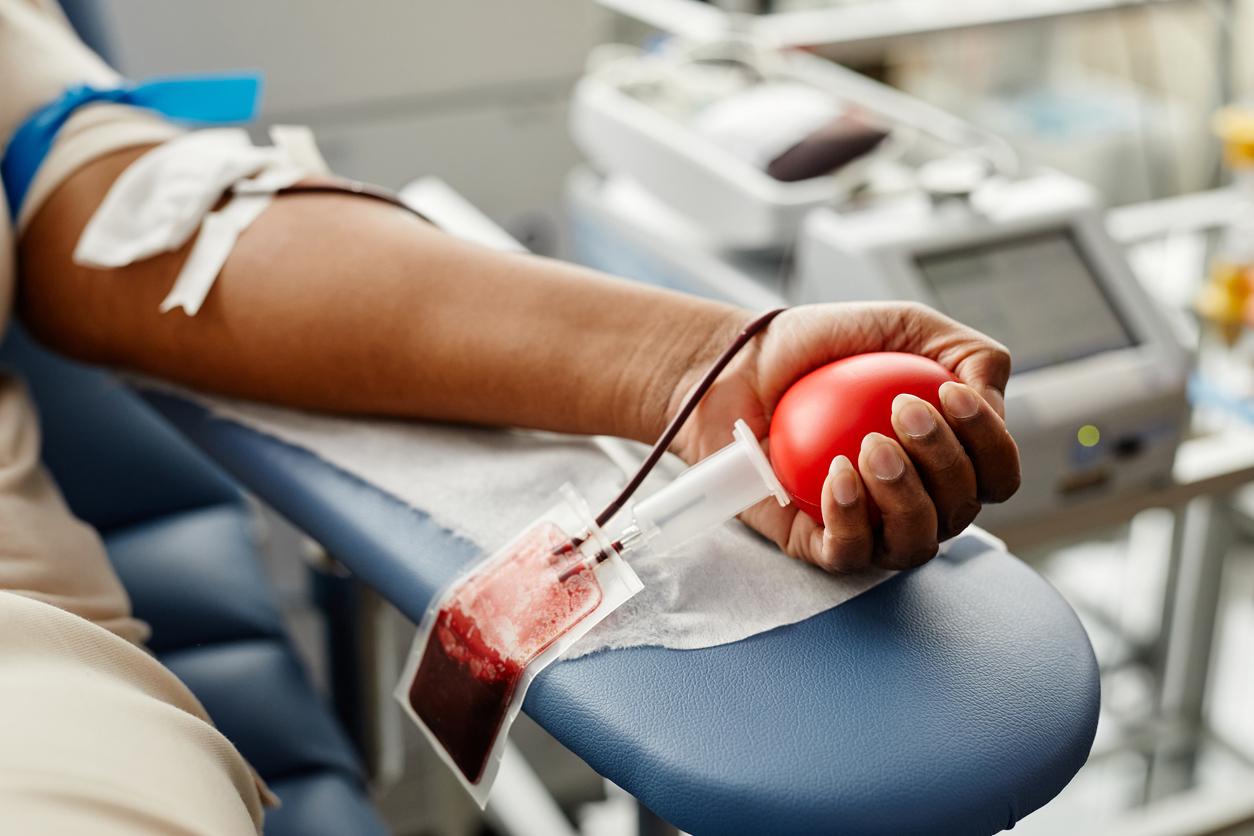A new cross-sectional study in JAMA Internal Medicine of 238,828 blood donors finds that 43.3% of those with a history of SARS-CoV-2 infection reported new long-term symptoms, compared with 22.1% without a history of infection.
"The difference in these proportions suggests that 21.2% of donors with prior SARS-CoV-2 infection likely experienced long-term symptoms attributed to their infection," the authors said
This is one of the first long COVID studies to compare those with a history of COVID infection and long-term symptoms to a non–SARS-CoV-2–infected control population. Such a comparison, the author said, helps to distinguish background prevalence of symptoms from those following COVID-19.
Blood tests confirm prior infection
The study included adult American Red Cross blood donors surveyed from February 22 to April 21, 2022. the survey asked about new long-term symptoms arising after March 2020, and their SARS-CoV-2 infection status.
Fifty-eight percent of respondents were female, and the average age was 59 years. All participants also underwent at least one serologic test for antinucleocapsid antibodies from June 15, 2020, to December 31, 2021. Those antibodies appear in the blood only after COVID-19 infection and not following vaccination.
"Serologic testing to confirm prior infection may be particularly helpful for the evaluation of post–COVID-19 conditions because many SARS-CoV-2 infections are not detected and many individuals who are asymptomatic or experience mild symptoms may not be tested during the acute phase of infection," the authors wrote.
Being female, chronic conditions tied to long COVID
The study authors defined long-term symptoms as those lasting 4 or more weeks after COVID-19 infection. In the surveys, long-term symptoms were grouped by system: neurologic, gastrointestinal, respiratory or cardiac, mental health, and other.
Of the 83,015 people with a history of SARS-CoV-2 infection, 43.3% reported new long-term symptoms compared with 22.1% of those without a history of SARS-CoV-2 infection (adjusted odds ratio [AOR], 2.55; 95% confidence interval [CI], 2.51 to 2.61).
Being a woman and having history of chronic health conditions was associated with long COVID symptoms.
Among blood donors with prior SARS-CoV-2 infection, 23.6% reported long-term neurologic symptoms, 23.1% reported other symptoms (including changes in taste or smell), 15.8% reported respiratory or cardiac symptoms, 11.9% reported mental health symptoms, and 4.6% reported gastrointestinal symptoms
Difficulty thinking, fatigue most common
Long-term symptoms in the "other" and the respiratory/cardiac categories were most associated with prior COVID-19 infection (AOR, 4.14; 95% CI, 4.03 to 4.25; and AOR, 3.21; 95% CI, 3.12 to 3.31, respectively).
The two most common individual long-term symptoms among those with SARS-CoV-2 infection were difficulty thinking or concentrating (12.7%) and fatigue (11.1%). Six percent of those without a history of COVID-19 reported anxiety, making it the most common long-term symptom.
"Mental health symptoms occurred almost as often in both those with and without prior SARS-CoV-2 infection, suggesting the presence of indirect effects," the authors concluded.




















